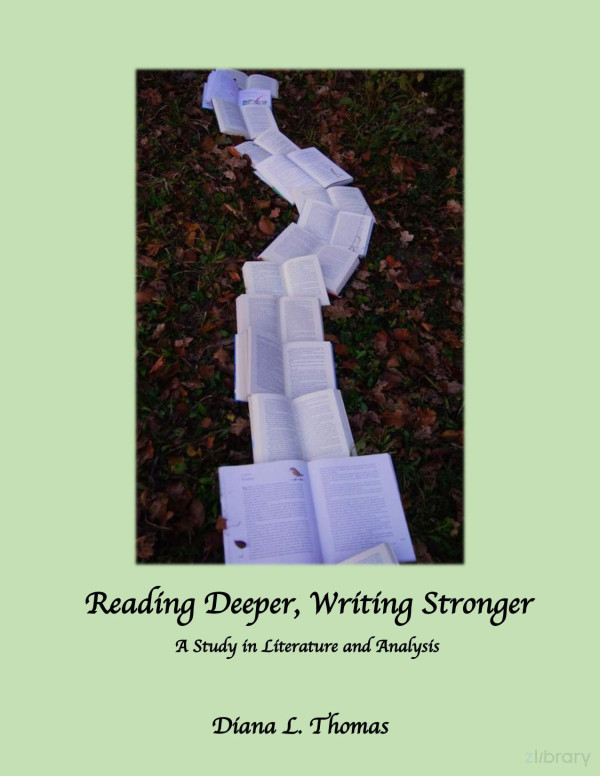

Most ebook files are in PDF format, so you can easily read them using various software such as Foxit Reader or directly on the Google Chrome browser.
Some ebook files are released by publishers in other formats such as .awz, .mobi, .epub, .fb2, etc. You may need to install specific software to read these formats on mobile/PC, such as Calibre.
Please read the tutorial at this link: https://ebookbell.com/faq
We offer FREE conversion to the popular formats you request; however, this may take some time. Therefore, right after payment, please email us, and we will try to provide the service as quickly as possible.
For some exceptional file formats or broken links (if any), please refrain from opening any disputes. Instead, email us first, and we will try to assist within a maximum of 6 hours.
EbookBell Team

4.1
40 reviewsDear students and parents, Dr. Karen Swallow Prior, professor of English at Southeastern Seminary, wrote, "Literature is born out of our fall: Without the fall there is no story." As teachers and readers, we need to keep that in mind. We do know, however, that there are divisions among Christians between the sacred and the profane, and between what is and is not appropriate for Christian students. The following is an explanation of this question, as it applies to each of the genres we use in the classroom: fiction, drama, poetry, nonfiction, and film. The great Father Augustine said, "All truth is God's truth." While we will not teach any texts or use any media that is not necessary in terms of language, violence, or mature situations, our experience with our students has taught us that there is much to be learned about life in heaven from literary works that do not always fit neatly into the Christian paradigm. Great literature reflects a great truth: We are all made of dust, stories, and the breath of God. Everyone's life has its own story to tell when we are caught between sin and redemption. The same goes for the lives of the characters in the book.
Engaging with profound literary narratives compels us to reflect upon our own sense of virtue and pride; Dr. Pryor eloquently states, 'Literary characters can impart invaluable lessons about character.'